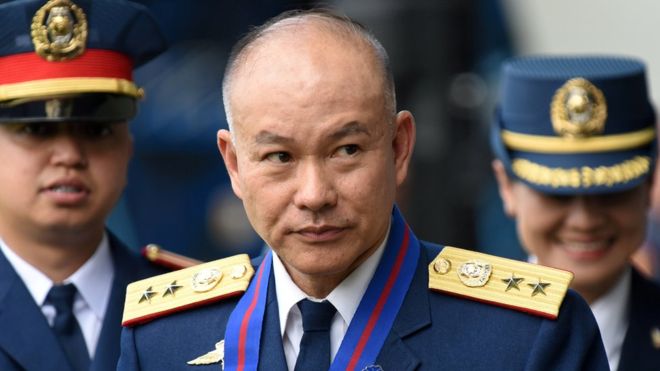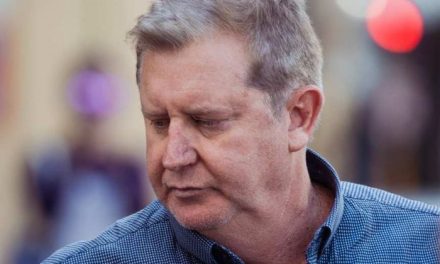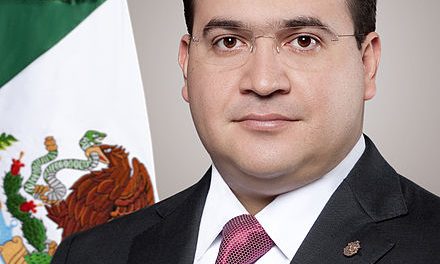Oscar Albayalde
17 January 2020
The justice department said Thursday that the former chief police enforcer of President Rodrigo Duterte’s deadly war on drugs will be charged with corruption for allegedly protecting officers linked to the narcotics trade. Oscar Albayalde resigned in October after serving as Philippine police chief for more than a year, having presided over an anti-narcotics crackdown that left thousands of drug suspects dead.
The justice department said Thursday that the former chief police enforcer of President Rodrigo Duterte’s deadly war on drugs will be charged with corruption for allegedly protecting officers linked to the narcotics trade. Oscar Albayalde resigned in October after serving as Philippine police chief for more than a year, having presided over an anti-narcotics crackdown that left thousands of drug suspects dead.
Prosecutors found probable cause to charge Albayalde for not punishing officers accused of failing to account for 163 kilograms of drugs and 9.7 million pesos ($191,000) sized from a drug raid.
A justice department statement said 13 other police officers would be charged with drug offences, corruption, and taking bribes for their role in the operation in Pampanga province, north of Manila.
Allegations of police graft and abuse are not rare in the Philippines, with Duterte twice ordering police to stop the anti-narcotics campaign because of allegations of corruption and murder by officers.
Police said last month they had killed 5,552 suspects in anti-drug operations since Duterte came to office in June 2016. Human rights groups allege that the real number could be four times higher and that these killings are a crime against humanity.
Critics allege the drug war targets the poor and leaves the rich and powerful untouched.
A Senate inquiry, held this month, recommended that Gen Albayalde and 13 police officers under his command be charged with drug and graft charges in relation to the alleged resale of confiscated narcotics in 2013.
In July, the UN Human Rights Council voted to set up an investigation into alleged crimes committed during the Philippine government’s war on drugs.
The resolution, which passed by a narrow margin, mandated a comprehensive written report into the human rights situation in the country.















